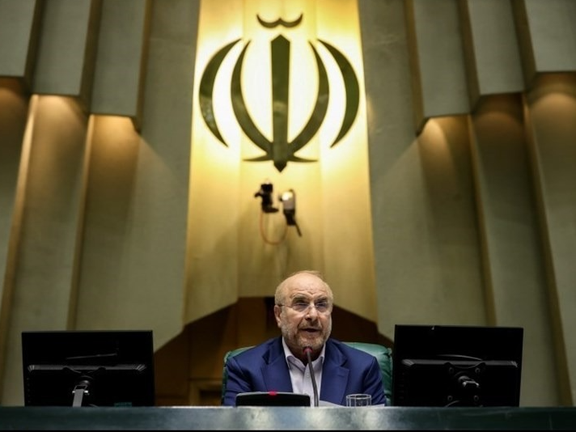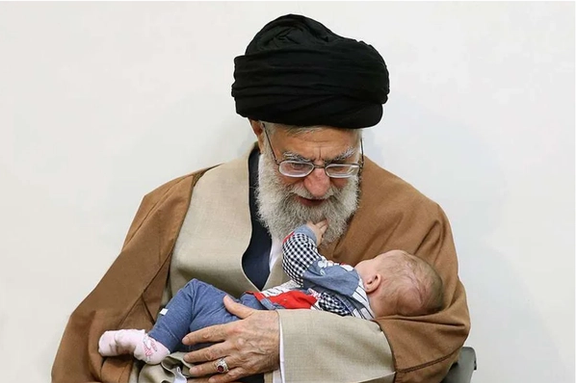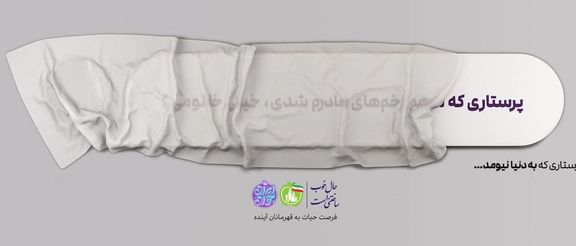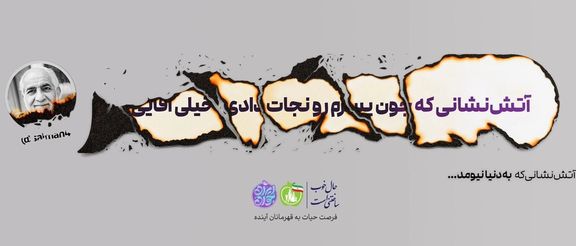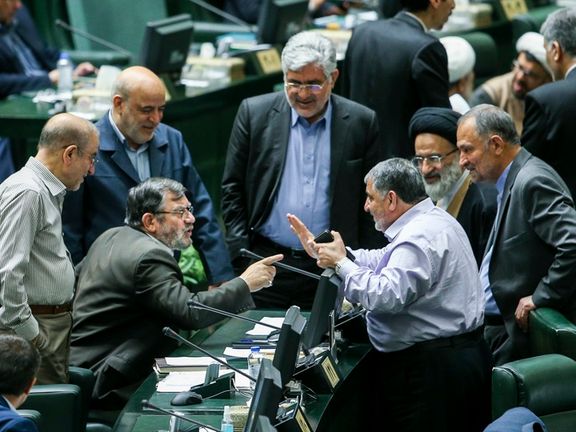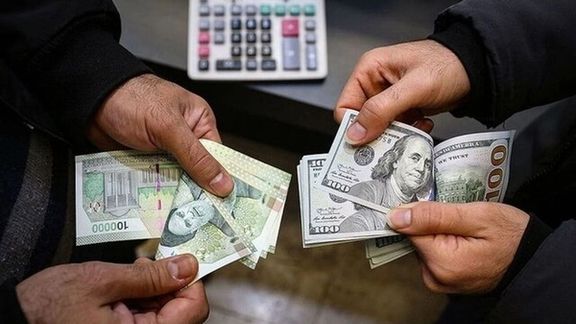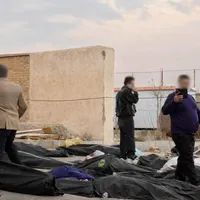On Wednesday, the Expediency Council gave final approval to the bill that enables Iran to join the Palermo Convention, formally known as the United Nations Convention against Transnational Organized Crime. However, the legislation includes several conditions that could raise concerns for the FATF.
Officials say the Expediency Council is expected to review the second remaining bill, required for joining the Combating the Financing of Terrorism (CFT) Convention, next week.
Ratifying these two conventions is considered a final and necessary step in aligning Iran with FATF standards and can facilitate its removal from the global anti-money laundering body’s black list.
The breakthrough followed a green light given in December by Supreme Leader Ali Khamenei which allowed the Expediency Council to re-examine both bills after years amid political infighting.
Official and media optimism
“The conditional approval of the Palermo bill by the Expediency Council is an important step towards constructive engagement with the world,” government spokeswoman Fatemeh Mohajerani said in a post on X on Wednesday.
“The government welcomes the Assembly’s decision and hopes that national interests, economic benefits, and international considerations will guide the review of the CFT (bill) as well,” she added.
Iran's moderate and reformist media have also widely welcomed the move with optimistic headlines and commentaries.
“This can facilitate Iran’s return to the international financial system and its effective presence in global markets,” Donya-ye Eghtesad economic daily wrote.
“This important development has occurred while signs of progress in negotiations between Iran and the United States are also visible, and optimism about the future of Iran’s economy has increased."
Conditional ratification and FATF concerns
Despite the positive tone, the conditions attached to Iran’s ratification of the Palermo Convention—and the reservations included in the CFT bill—pose serious challenges to the country's full compliance with FATF standards.
The FATF has clearly said that Iran must ratify and implement the Palermo and CFT conventions “without undue reservations”, saying broad or vague reservations can undermine the conventions’ effectiveness and create loopholes for financing terrorism.
Speaking to IRNA after the Council’s decision, Deputy Economy Minister Hadi Khani downplayed the importance of the conditions.
“Many countries have set conditions for accepting these two conventions. Our country’s parliament, too, introduced conditions for certain articles of the conventions,” he said, adding that most of these were based on the principle that Iran would implement the conventions within the framework of its own Constitution.
Some FATF members including the United States, China, and India have ratified the Palermo Convention with the reservation that they do not consider themselves bound by Article 35(2), which involves mandatory dispute resolution by the International Court of Justice (ICJ).
Iran's Palermo legislation includes similar language, excluding ICJ jurisdiction while asserting that decisions on extradition and mutual legal assistance will be made on a case-by-case basis.
Iran has also declared that provisions incompatible with its national laws—many of which are rooted in Islamic Sharia—will not be binding. Pakistan and Saudi Arabia have accepted the Convention with similar reservations.
Moreover, Iran’s legislation explicitly states that accession to the required conventions does not imply recognition of Israel, a FATF member.
The CTF bill also includes language affirming the “legitimate and recognized right” of peoples under occupation to resist and pursue self-determination in apparent reference to the Israeli-occupied Palestinian territories.
FATF’s concerns are particularly related to the reservations included in the CFT bill. Iran's CTF bill does not accept the definitions of terrorism provided by other countries or international bodies if they conflict with its national laws and support for groups that it views as legitimate resistance movements.
Remaining on FATF black list
Iran was on FATF black lists from 2008 to 2016. In February 2020 it was black-listed again and has remained so to date.
While approval of the Palermo Convention and the CFT Convention bills is a critical step, removal from the FATF black list depends on effective implementation, not just legal ratification, and may take several years.
All countries—including allies such as China and Russia—will be obliged to apply enhanced due diligence to financial transactions involving Iran as long as it is on the black list.
In January, former Central Bank official Asghar Fakhriyeh-Kashani revealed that some Chinese banks had closed Iranian accounts to avoid FATF penalties and geopolitical analyst Abdolreza Faraji-Rad told Ham-Mihan daily at the time that Iran’s oil trade with China had to bypass the formal banking system, avoiding cash payments and relying on alternative mechanisms for the same reason.
